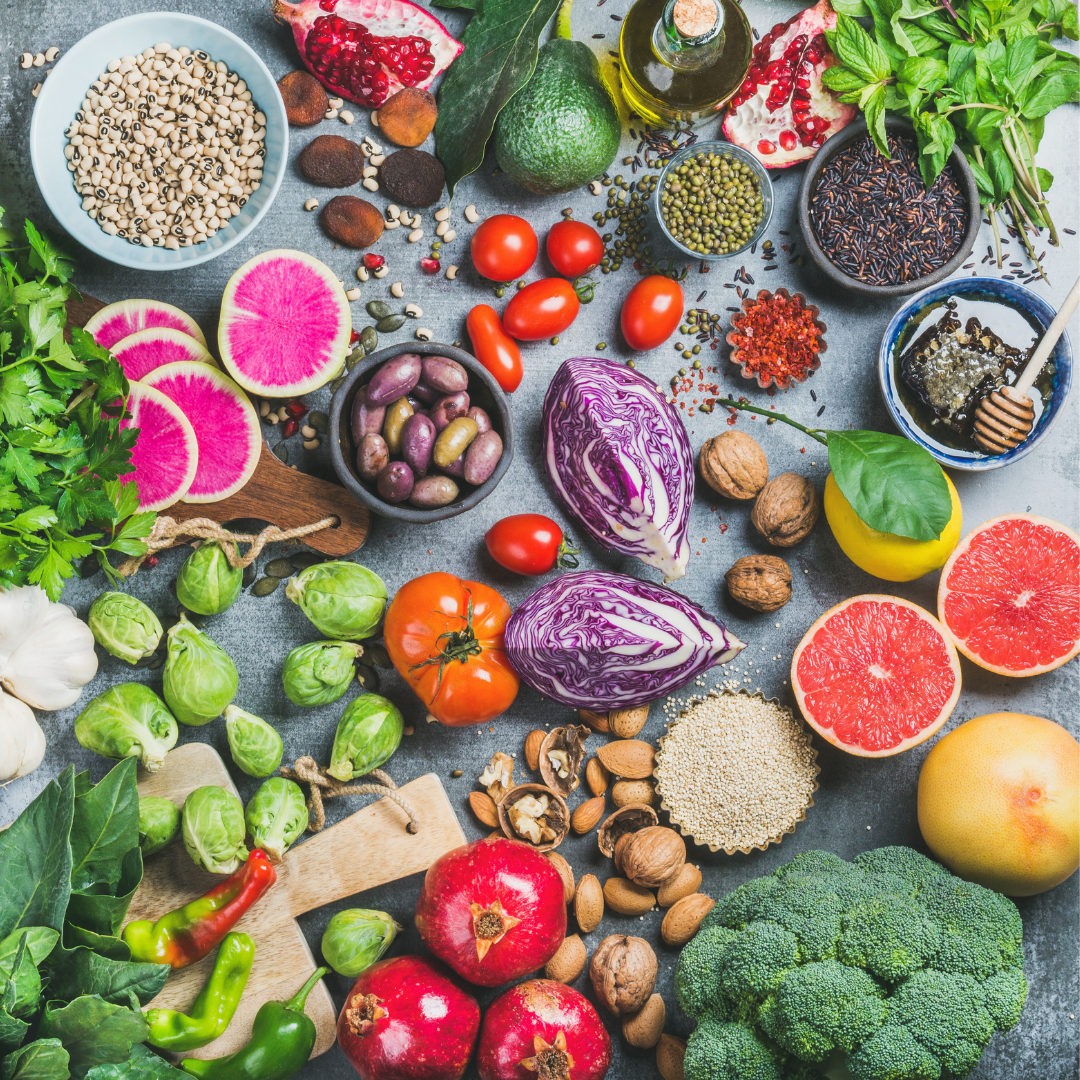|
5/15/2021 0 Comments Antioxidants & The Lymphatics
Exercise is a good example of this. We cause oxidative damage when we exercise which turns on our adaptive stress response.
This is in part what helps us to build more muscle tissue and mitochondria to adapt to that new stressor. This all takes time, but when our bodies are properly nourished and supported, this damage is repaired – this is where antioxidants play a role. So where do we find antioxidants? Diets that include vegetables and fruits provide good sources of antioxidants 3. One question you may ask is, can I get too many antioxidants? As Sheldon from The Big Bang Theory once stated, when faced with eating a whole lot of blueberries, “with all those anti-oxidants out there, what if I run out of oxidants?” Now, too many antioxidants coming from whole foods is not something we need to be worried about as our body knows how to process these, and effectively only uses what it needs, and excretes what it doesn’t (*of course, from this doesn’t mean we can’t suffer other consequences eating too much of ANY one food). Some food choices that provide us with antioxidant protection from free radicals and oxidation include broccoli, cauliflower, blueberries, avocados, olive oil, onions, garlic, green tea, and coffee. However, taking a multivitamin or even a specific antioxidant supplement is not the answer to long term health either. A supplemental antioxidant is in and out of our body within an hour. 1 In addition to this, supplementing with too many antioxidants can actually be detrimental to our health. In fact, a meta-analysis (a statistical analysis that looks at a combination of independent studies) that looked at 68 randomized trials which included a total of 232 606 participants (385 publications) concluded that supplementing with “beta carotene, vitamin A, and vitamin E may increase mortality. The potential roles of vitamin C and selenium on mortality need further study”.2 The key takeaway here is that they looked at supplements – if these nutrients are coming from whole foods, it’s a whole different story. On the flip side of this, having too many oxidants or too much oxidative stress and free radicals is really what we should be focusing on today. So where and how do we see the production of too much oxidative stress, and too many free radicals? Well, foods and food-like products that really aren’t meant for human consumption for one. Likely the biggest culprit is processed food-like products. However, there are other more “natural” foods that can also contributing to the problem. Let’s look at one of them. Grains. Grains, which are often poorly digested can increase free radical damage due to their ability to cross the gut lining and cause an inflammatory response. This increased oxidative stress can, in turn, increase our risk for a variety of diseases. 1 Other lifestyle factors that increase free radicals and oxidation include smoking, alcohol, air pollution, too much exercise, and stress. All this to say that eating a species-appropriate diet (i.e. animal protein and fat, some plant materials and avoiding processed foods) and participating in species-appropriate activities (frequent movement, stress lowering activities, involvement in community) is going to support the lymphatic system and contribute to overall health!
0 Comments
Leave a Reply. |
Archives
December 2023
This website uses marketing and tracking technologies. Opting out of this will opt you out of all cookies, except for those needed to run the website. Note that some products may not work as well without tracking cookies. Opt Out of Cookies |
|
© 2023 Rachel Murray Holistic Nutrition
|

